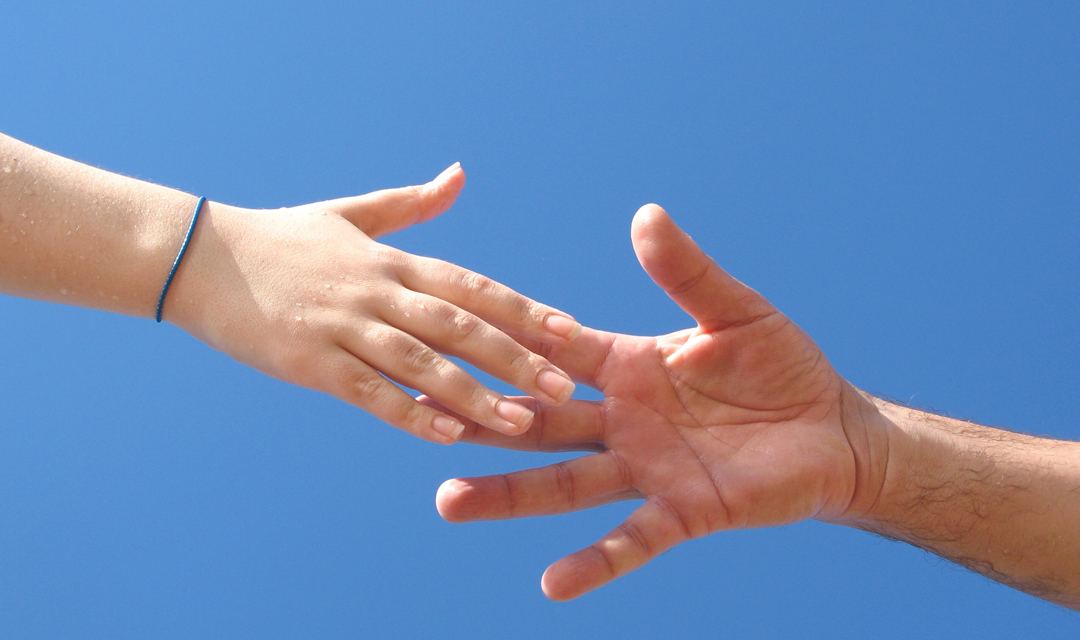Whether we want to admit it or not, the “Western” society we live in is, to a great degree, a sociopathic one. This may seem like an exaggeration, but the culture of success by any means is nothing short of a sociopathic phenomenon. It does not matter how many people you have trampled on your way to the top – it was worth it. People are supposed to behave purely evolutionary, destroying anyone who is weaker and doing everything in their power to succeed. This is advertised and encouraged on every level.
Biology vs. Society
When justifying this view of the society we live in and the goals we “should” strive for, people who advocate this particular merciless approach to life almost invariably fall back to evolution and biology where it is only natural for us to worry only about ourselves without thinking twice about anyone else.
As Mark Snyder, head of the Center for the Study of the Individual and Society at the University of Minnesota says, “On one hand, it’s striking that volunteering even occurs. It seems to run against the strong dynamics of self-interest. There is simply nothing in society that says that someone is mandated to help anyone else.”
One thing that is important to remember is that we are not just another species in the line. We have evolved to a point where we can factor in more than just survival. We can empathize. Not to sound too Marxist, we are social beings. We should care about others. The fact that about one in every three people actually do volunteer (and probably a greater number cares for people around them) is proof enough that this is true.
Starting to help
There are innumerable ways in which one can start helping out others, depending on one’s time, skillset or level of participation they want to engage in.
To begin with, you can stop adopting that kill-or-be-killed disposition you may have fallen in love with because “that is the only way to succeed”. Do not be afraid to help your colleague. Share your advice. Stop seeing someone else’s success as your failure. The next step is to start helping people you encounter. If you see someone at the side of the road with a flat tire, don’t just drive by (all the while justifying your decision in your mind). Stop. Help them.
Be empathetic
Empathy is all but lost in the modern world. Okay, maybe not lost, but there is definitely a climate out there where empathy is nothing but a butt of jokes. It should not be. If someone close to you is hurting in any way, listen to them. Hear them out, perhaps offer advice. Become involved; think of something you might do with them. Do those little things.
Empathy can also motivate you to start teaching others. If you know that you have some knowledge to share, do exactly that. Do not sit on your insights and your skills, but share them with people around you. You are not creating competition – you are making the world a better place.
Become “officially” involved
When we say becoming officially involved, we mean approaching certain organizations which organize programs that help others. This can be your local soup kitchen or the local Red Cross. These organizations are always looking for new volunteers who will be ready to spend some of their free time helping others. If you want to go even further, you might even make this your career, or a side job. For instance, at UpSkilled, you can get a degree in counseling which will allow you to start helping others professionally.
What do I get out of it?
For most people, the mere fact that they have helped a fellow human being is enough of a gain. However, even if this is not the case, even if the person has really bought into the whole “success no matter what” outlook on life; there are definite benefits to volunteering and helping others.
For instance, a review which included 40 different studies and which looked at the beneficial effects of volunteering has discovered, “favourable effects on depression, life satisfaction, wellbeing”, as well as “lower risk of mortality”. In short, volunteering might make you live longer.
In addition to this, if you decide to do some volunteering that will involve working outside, it is also very likely that your physical health will improve. On top of all that, by interacting with so many new people, you will also network and improve your social skills, which is always a bonus.
Closing words
You might think that you, as an individual, cannot do much to make the world a better place. Helping just one person will prove differently. We are in this together. We need to stick together.
Start helping others.
On that note, if you enjoyed this post, feel free to share it with your friends and family. After all, sharing is caring!
Author: James D. Burbank
James D. Burbank has spent more than a decade in the trade show industry, enjoying the rat race. He is currently on hiatus, spending time with his family and trying to help others. You can also check out his blog, BizzMarkBlog. If you have the time, of course.














